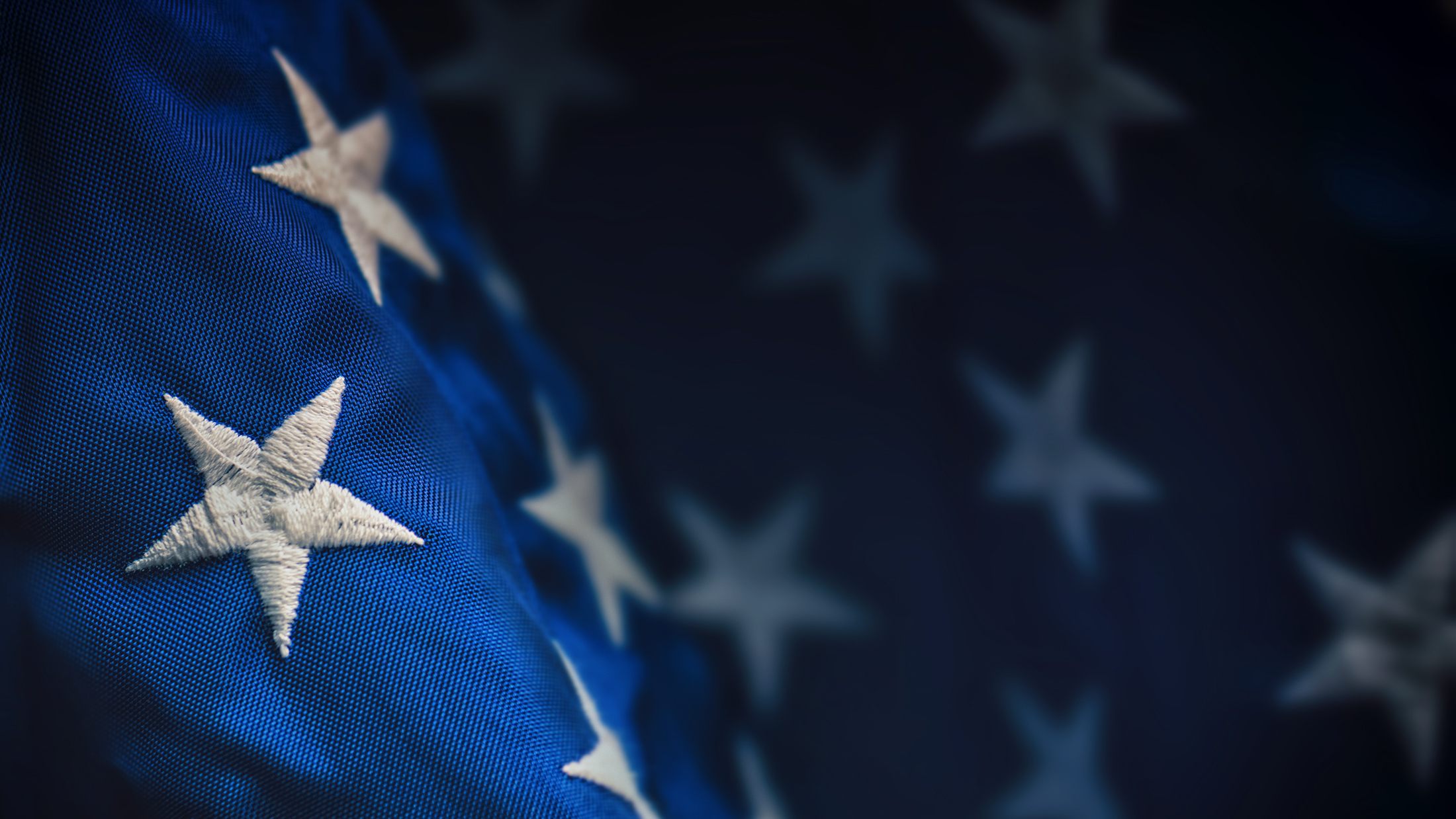Recently, I spoke at a local military appreciation ceremony. My fellow speakers included leaders from each branch of the armed services, and we all touched on the ability of the military to transform people. In my speech I used the example of my wife’s nephew, Jordan Geary.
Jordan grew up in Sonora in California’s Sierra foothills. After high school, he bounced around and spent time in Latin America. Living abroad showed him how important America was to him and why it is worth defending.
“We are the country that we are because of people’s blood and the sacrifices that they made,” he observed.
When contemplating his future, “I didn’t really see options going back home.” That is when he started thinking about the military.
“I knew that the Army could teach me, give me a skill, and pay for college,” he said, so he enlisted in 2010.
“I specifically joined active duty,” he recalled, “because I wanted to deploy and I wanted to serve and give back to our nation.” He also wanted “to learn a skill that would pay me once I got out of the military.”
He said, “there was an intelligence job for an imagery analyst and I knew that sometimes they work with satellites and things like that, so I picked that.”
According to the Army, a geospatial intelligence imagery analyst will “use aerial imagery, geospatial data, full motion video, and other electronic monitoring to help determine precise target coordinates, identify enemy positions, navigate obstacles, and design defense and combat plans.”
But before he could do those things, Jordan had to go through basic training. He admitted to being terrified.
However, it was in basic training that the transformational process started. He said, “In the beginning, I could not pass the physical training test,” but by the end he was scoring at top levels.
He also said, “The Army gave me a set of values to live by—loyalty, duty, respect, selfless service, and integrity.”
He then went to intelligence training and enjoyed learning “really cool stuff” and the esprit de corps among his classmates: “So our games were making fun of each other for what you didn’t know. We would push each other to be better.”
After completing his training, he deployed to Afghanistan where he monitored feeds from unmanned aerial vehicles and worked with ground units. Also, he would go up in military aircraft, operate a camera, and communicate information to ground forces.
Working that camera in the air was the most challenging thing he did while deployed “because you’re coordinating on the ground with people who are in live firefights while the pilots are asking you questions.”
Despite the stress, the experience gave him a great sense of accomplishment.
After returning from his deployment, he was stationed at Fort Hood in Texas where he remotely looked for improvised explosive devices.
When his enlistment ended, he transitioned out of the Army into a job as a deputy sheriff in Idaho. The skills he learned as an imagery analyst were transferable to skills needed in law enforcement. He also enlisted in the Idaho National Guard.
He loved the camaraderie and training he received in the Guard. Eventually, he started thinking about becoming an officer. After getting the requisite approvals, he went to officer candidate school (OCS).
“So it takes a lot of commitment and dedication,” he says, because OCS takes 18 months. “We started with 30 people and we ended with eight.”
OCS “was, by far, the best Army training and leadership training I’ve ever experienced.” At graduation, he received the highest academic performance award, plus the leadership award.
After receiving his officer’s commission, he was selected to go into aviation as a helicopter pilot. He says, “The first flight feels like you are dangling from a string,” but by the end he could land “in these tiny fields where there’s feet between your rotor blades and trees.” He now flies Blackhawk helicopters for the Idaho Guard.
Looking back, Jordan says, “I would never be where I am if it wasn’t for the Army.”
One of the Army’s best recruiting slogans has been “Be all you can be.” Through his Army service, Jordan Geary has become all that he could be. His experience is not just the story of accomplishment of one individual but represents the ability of the military to transform all volunteers into an unrivaled force that protects America and serves her people.
Happy Veterans Day.
Lance Izumi is senior director of the Center for Education at the Pacific Research Institute. He served as an officer in the California State Military Reserve and was awarded the California Commendation Medal.

